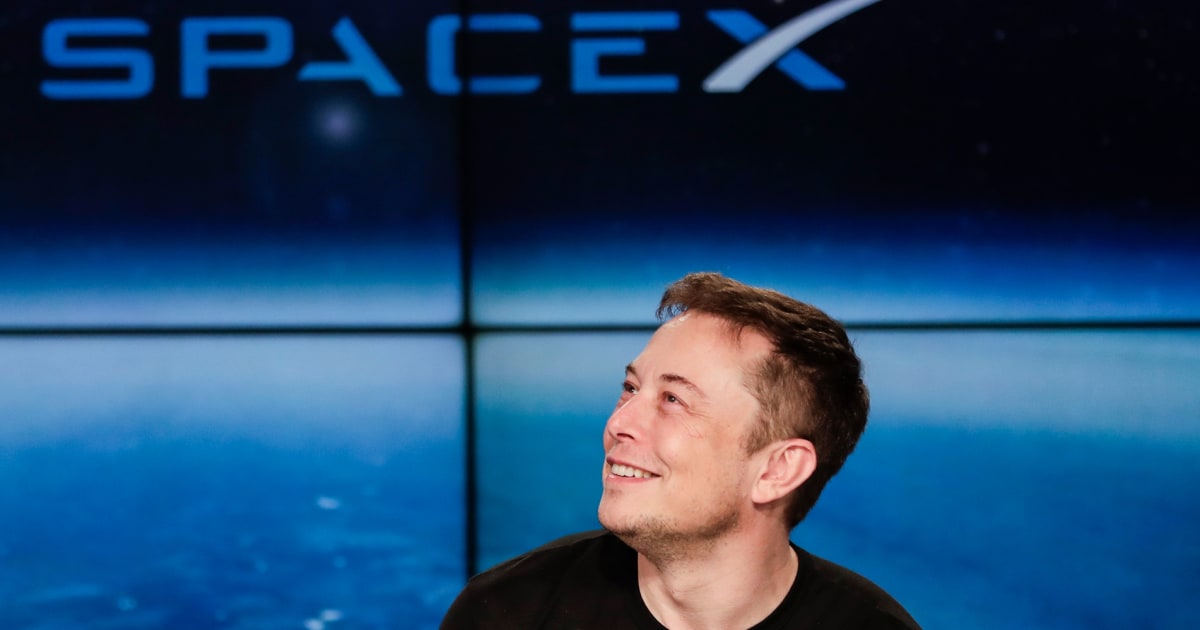The Department of Government Efficiency has in just a few short weeks interjected itself into multiple federal agencies, risking major damage to their core functions. Its leader, billionaire Elon Musk, is using his platform as owner of X to call for a “second American revolution” and attack judicial authority to his millions of followers. Meanwhile, President Donald Trump appears to be handing over control of a large portion of the federal government to the billionaire, signing an executive order Wednesday calling on federal agencies to work with his unelected task force in culling staff rosters.
Musk sits at a nexus of power that few — if any — Americans have ever held.
Musk sits at a nexus of power that few — if any — Americans have ever held. His businesses have cultivated deep, grasping ties within the federal government — especially the national security state — over the years, resulting in contracts worth at least a staggering $18 billion. Without SpaceX’s rockets, NASA will scramble to get into orbit; without the satellites the company is helping to launch, the National Oceanic and Atmospheric Administration will be less able to track extreme weather. His Starlink satellite internet service has been a crucial tool in Ukraine’s war against Russia and stands to be the recipient of even more Defense Department contracts in the future. But without the guarantee of federal revenue, Musk’s fortune would likely be more vulnerable to the investors whose confidence in him helps maintain his massive net worth (on paper at least).
That hand-in-glove relationship with Washington is important to understand why the billionaire is so dead set on tearing down the federal bureaucracy. Musk isn’t alone among the Silicon Valley billionaire class in being tied to the government and tilting right. As I write in my new book “Owned: How Tech Billionaires on the Right Bought the Loudest Voices on the Left,” he stands alongside the likes of Peter Thiel and Marc Andreessen in having both benefited from federal funding and gone further to the right in a reactionary response to cultural liberalism and the attention of the regulatory state. Despite decades of federal subsidies for the tech industry, it has been nowhere near a two-way street in the eyes of the private-sector benefactors. Now that they’ve glutted themselves on taxpayer funding, they would argue, it would be anti-American to expect them to give any of that back or be subject to any meaningful oversight.
Now, Musk is trying to reset the way the government works to prioritize his own interests. Though his fortune depends on federal cash, his businesses have been subject to a plethora of investigations from federal agencies ranging from the Securities and Exchange Commission to the Department of Justice. The future of those inquiries, including complaints from his own workers to the National Labor Relations Board, seem grim given his place at Trump’s right hand.
But Musk’s approach to his own workforce and federal laws is emblematic of how he is taking on his role at DOGE — and how he can be expected to react if pushed back on. Such overreach is bound to generate a reaction, but he’s not likely going to roll over without a fight. Musk is currently empowered within the government and outside of it; a precarious position for the rest of us from someone who takes any threat or criticism as a declaration of war.
Now, Musk is trying to reset the way the government works to prioritize his own interests.
But this weekend, everyday Americans took the first step, using Tesla charging stations and dealerships as sites to protest Musk’s illegitimate power grab. The “Tesla Takedown,” as the group behind the demonstrations calls it, held actions on Saturday at sites within the U.S. and Canada. In Washington, elected Democrats are slowly getting the message from their constituents that Musk is a problem in need of solving. Lawmakers in Congress have introduced bills to address his unelected influence and power and have been urged to do more.
Ironically, the same person who empowered Musk might also be more vulnerable to outside pressure than Musk himself. Trump is famously thin-skinned and hyperaware of his standing in the public eye. The question of just what would wind up pushing him and Musk apart has been at the forefront for months given the egos at play and the increasing unpopularity of what the billionaire is trying to do with DOGE. Add to that the potential of plummeting poll numbers as DOGE chaos hits the average American, and the possibility of turning the White House against the billionaire can’t be ignored.
Holding Musk accountable is going to be difficult so long as he has both his shareholders and Trump to shield him. Taking a stand outside of his dealerships and chargers is a good start when you consider the billionaire’s famously thin-skinned nature. It also helps to make clear to investors that his personal brand is a weight to the company, not an asset.
No matter what ultimately dislodges him, Musk remaining empowered to make policy for federal agencies cannot become normalized. Democrats need to begin planning now on how to unravel his grasp on vital national security areas, letting his contracts expire and replacing them with improved state capacity. If nothing else, Musk’s rapid accumulation of power shows that the parasitic relationship he enjoys with the federal government can’t be allowed to continue unchallenged through future administrations.


